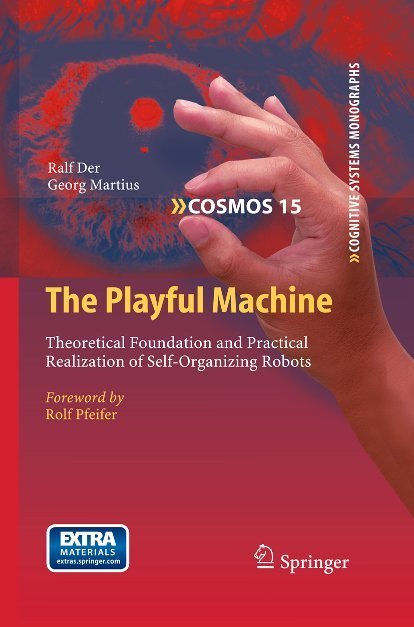Artificial intelligence is an ever evolving goal for researchers, and the object of endless fascination for writers, filmmakers, and the general public. But despite our best science fiction visions, creating digital intelligence is incredibly difficult. The universe is a very complicated place, and humans have had millions of years to evolve the ability to navigate and make sense of it. Contemporary attempts to create AI have us looking more at how our own brains work to see how a computer could simulate the core activities that create our intelligence. No matter how we get there, it is certain that artificial intelligence will have tremendous impact on our society and economy, and lead us down a path towards evolving our own definitions of humanity.
Via Szabolcs Kósa



 Your new post is loading...
Your new post is loading...







